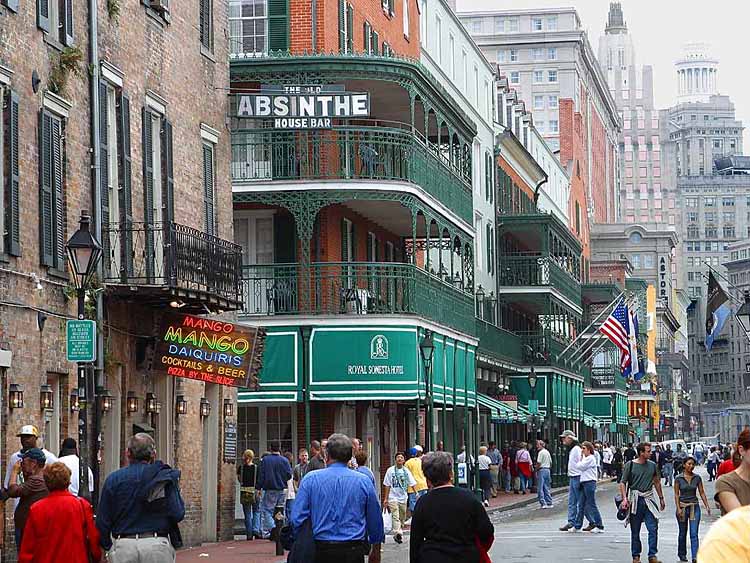
Voters in New Orleans decided four ballot measures on November 16, 2019, approving three of them and rejecting one. All of the measures were referred to the ballot by the New Orleans City Council.
Approved measures:
- Short Term Rentals Occupancy Tax (65% in favor, 35% against): This measure authorized an additional 6.75% tax on the rent or fee charged for short-term rentals to raise revenue for infrastructure improvements and a fund to promote tourism in New Orleans. The funds to promote tourism would be allocated to New Orleans & Company, formerly the New Orleans Convention & Visitors Bureau.
- Human Rights Commission Charter Amendment (74% in favor, 27% against): This measure amended the Home Rule Charter of New Orleans to create a local Human Rights Commission. Going into the election, there was a Human Relations Commission that was created in Chapter 86 of the City Code. The City of New Orleans website on the Human Relations Commission wrote, “The Human Relations Commission was created in the early 1990s in New Orleans. Because it was not put in the City’s Home Rule Charter, it does not have the powers granted by the state to local human rights commissions. Today, it is only able to provide information and referrals.”
- Bond Proposition (66% in favor, 34% against): This measure authorized the city to issue up to $500 million in bonds to fund infrastructure improvements, public buildings, housing projects, recreational facilities, public safety equipment, and all necessary land and equipment for said improvements.
Defeated measure:
- Millage Proposition (54% against, 46% in favor): This measure would have authorized a special tax of $3.00 per $1,000.00 of assessed value of all taxable property for twenty years, beginning January 1, 2020, to help fund infrastructure repairs and purchase equipment, software, and technology for the city. City officials estimated the tax would have generated about $10.5 million in revenue each year. Officials from the New Orleans police and fire departments supported the measure.

